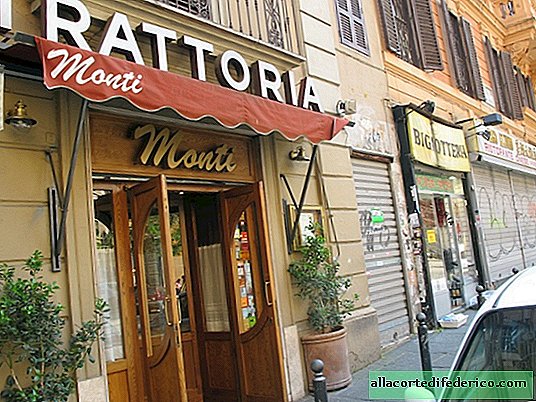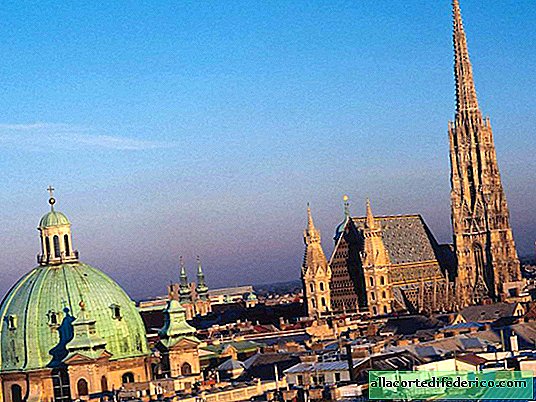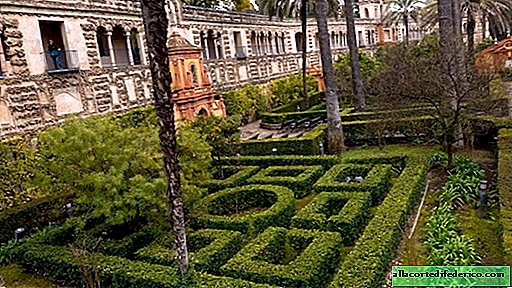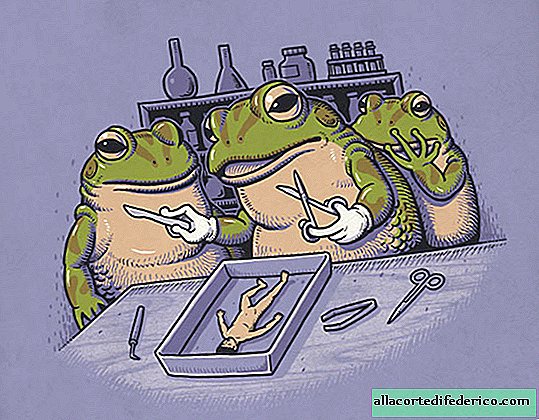Is Israel a secular state?
In Tel Aviv, it is almost midnight in the evening from Friday to Saturday. Children's time for a modern city. Walking along Rothschild Boulevard in the center, it’s hard to think that it’s Shabbat, a Jewish Saturday that you can’t work on, drive a car, touch money and even turn on the light. The streets are full of people, all cafes and bars are open and packed with noisy youth. At first glance, Tel Aviv lives a secular life.
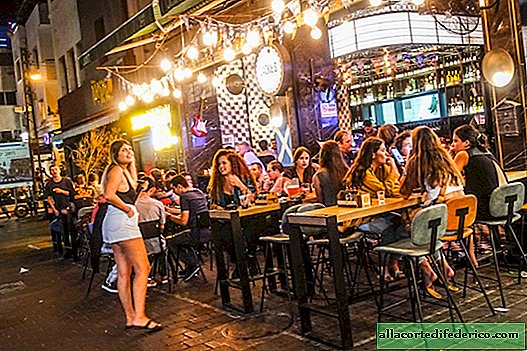
It may seem that Israel is a secular state. But, according to my observations, and based on conversations with friends, this is not so, or at least not quite so. Here are just a few examples of how a relatively small group of ultra-religious people dictate the rules of life to all citizens of the country.
By the way, I’ll say right away that I’m never an expert in the religious life of Israel, so the following is just that superficial information that I know of. If there are Israelis among the readers, please supplement, correct or refute my idea of your country with reliable first-hand information!

So, here are some laws in force in Israel that definitely cannot be called secular.
- Public transport does not go during Shabbat. From Friday evening to Saturday evening, the country's trains and buses stop working. There are taxis and minibuses, the latter raising prices for the time of Shabbat, and this is legal!
- Shops also do not have the right to open on Shabbat, but there are laws in Tel Aviv (and possibly some other cities?) That allow them to do this if they pay a fine. For many, the profit of an extra day of work far outweighs the size of the fine, so in Tel Aviv, many supermarkets work in Shabbat.
- The state registers only religious marriages on its territory. At the same time, religious authorities are allowed to marry only adherents of their faith. The state decides which authorities will be authorized to marry - in the case of Jews, this is the Chief Rabbinate of Israel, which recognizes only the orthodox interpretation of Judaism. For example, the rabbinate considers a person to be a Jew only on the maternal side. That is, if you have one great-grandmother who was not Jewish, then it will be much more difficult for you to get married in Israel (the state also recognizes marriages concluded abroad, and many leave for this purpose).
- All armed forces are fed only kosher food.
- I was impressed by the fact that the law prohibits driving in Yom Kippur, but it turned out that this is not so. Nobody just drives, because there are too many people on the streets.
Interestingly, when I discussed this topic with some Israeli friends, they hurried to convince me that there was nothing to worry about in these restrictions. “Just think, the trains do not run? ... After all, there are minibuses, and they cost only a shekel more!”
Here, of course, the point is not how easy it is to circumvent existing restrictions, but that these restrictions indicate whether Israel sees itself as a secular or religious state.
What do you think?

